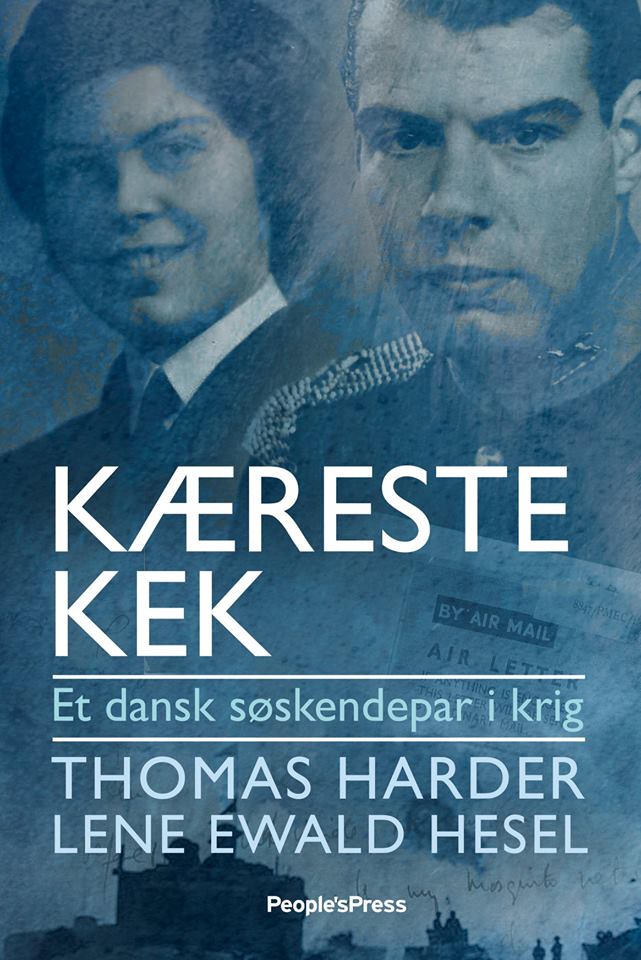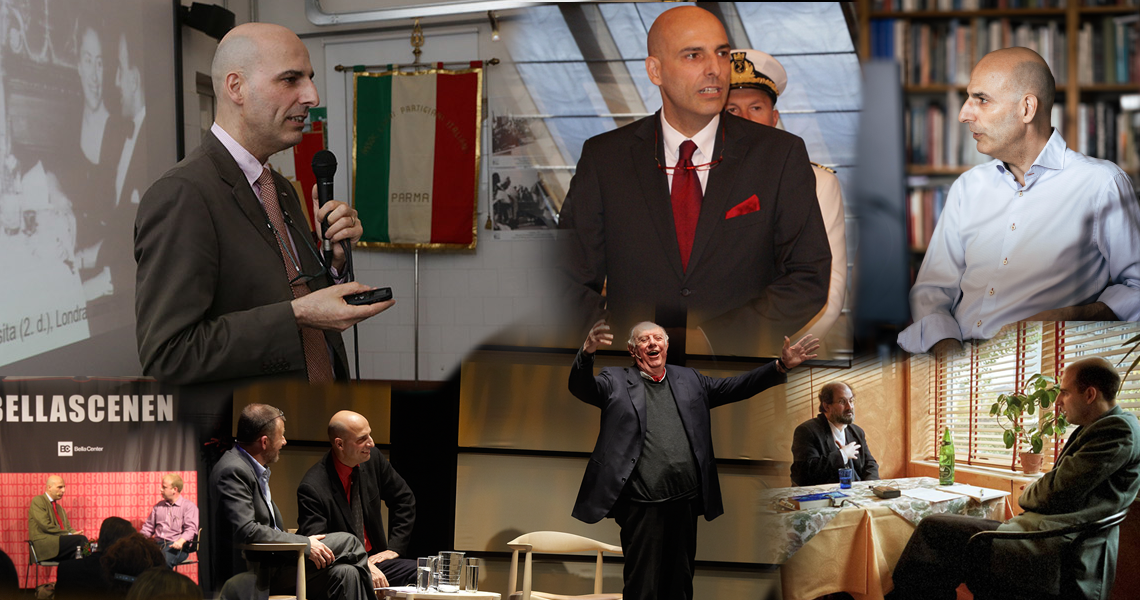
Ellen’s letters and diaries offer an insight into the important jobs taken on by thousands of women in the defence of their country. Her writings also show the “windows of opportunity” opened by the war. Total war brought violent changes to civilian society and resulted in an upheaval of gender roles, social norms, and behaviour.
In its own way, Dearest Kek shows how the war changed a young woman’s life … In spite of everything, the war was also an exciting time which gave her experiences and possibilities she’d never have had in peacetime.
(Claus Bundgaard Christensen, Weekendavisen, 28 December 2012)
The writers and translators Thomas Harder and Lene Ewald Hesel have gained access to a unique material. … Harder and Hesel have added knowledgeable explanations and additional details which set Ellen’s and Henrik’s correspondence and thoughts in a wider context. They have also added a good selection of illustrations. … Henrik’s diary entries and letters from the end of the war contain reflections on war and politics and humanity which make them particularly relevant for a modern reader.
(Henrik Lundtofte, Politiken, 24 December 2012)
The letters are often quoted in their entirety, interrupted only by Harder & Hesel’s explanations along the way. As such, it is a most welcome collection of source material. Not many sources of this kind have been published. … The correspondence gives a rare insight into how war affects individual human beings.
(Claus Mechlenborg, Kristeligt Dagblad, 5 January 2013)
The strongest parts of the book are the ones where the two siblings reflect on the death of friends, for instance when Ellen writes to her brother, “It’s strange, is it not Kek, that this is our youth? You are soldiers, and it’s so strange to think that in many cases it is your job to kill – and be killed. Do you think we will be able to keep the peace after this? I find it unlikely, but the idea of another war – not so much the minor inconveniences, you get used to them – but this eternal fear of losing all those you love. It gnaws away at you day and night. Is everything that you live for going to be destroyed again?”
(Bent Blüdnikow, Berlingske, 26 November 2012)
By digging a bit deeper than the layers of official history, sources are brought to light which by seeing history at eyelevel, rather than from the viewpoint of the strategist, contribute to forming the “bigger picture”.
In a lowkey and realistic manner, the two siblings depict the everyday life of war. This is sometimes interrupted by dramatic events, for instance when Henrik secures a breakthrough by clearing a passage through a minefield at Alamein, or when the V1 bombs hit their home in England, or when a close friend of Ellen, the Spitfire pilot Niels Buchwald, is shot down and killed over Holland.
The letters are also a beautiful expression of the hopes and longings of youth.
Harder & Hesel’s connecting texts weave the letters into a cohesive whole by linking epochs and events. This is done with great expertise and with respect for the reader, without ever resorting to schoolbook didactics. In its own quiet way this is a very giving book about the war on the family front outside of Denmark.
(Flemming Østergaard, Jyllands-Posten, 1 December 2012)


